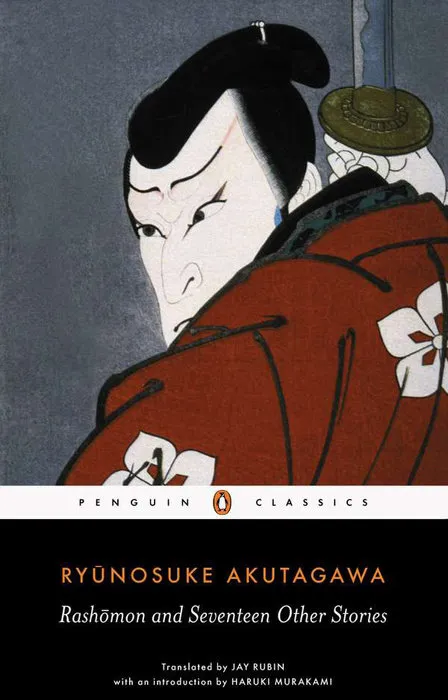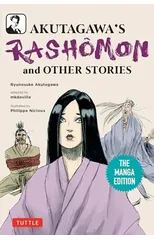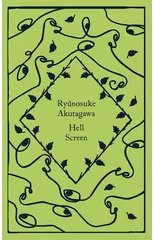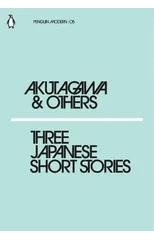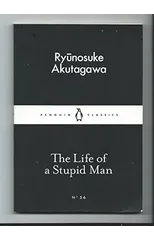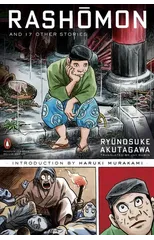Rashomon and Seventeen Other Stories
(Author) Ryunosuke AkutagawaFor fans of Shōgun: The best stories by the father of the Japanese short story—including the two that inspired Kurosawa's classic samurai film about the subjectivity of truth—featuring an introduction by Haruki Murakami Ryünosuke Akutagawa is one of Japan's foremost stylists—a modernist master whose short stories are marked by highly original imagery, cynicism, beauty and wild humour. "Rashömon"and "In a Bamboo Grove" inspired Kurosawa's magnificent film and depict a past in which morality is turned upside down, while tales such as "The Nose," "O-Gin" and "Loyalty" paint a rich and imaginative picture of a medieval Japan peopled by Shoguns and priests, vagrants and peasants. And in later works such as "Death Register," "The Life of a Stupid Man," and "Spinning Gears," Akutagawa drew from his own life to devastating effect, revealing his intense melancholy and terror of madness in exquisitely moving impressionistic stories. For more than seventy years, Penguin has been the leading publisher of classic literature in the English-speaking world. With more than 1,700 titles, Penguin Classics represents a global bookshelf of the best works throughout history and across genres and disciplines. Readers trust the series to provide authoritative texts enhanced by introductions and notes by distinguished scholars and contemporary authors, as well as up-to-date translations by award-winning translators.
Ryunosuke Akutagawa
Ryunosuke Akutagawa was a Japanese writer known for his innovative storytelling and exploration of the human psyche. His most notable works include "Rashomon" and "In a Grove," which served as the basis for Akira Kurosawa's film "Rashomon." Akutagawa is considered a master of the short story form, blending elements of traditional Japanese literature with modernist techniques. His works often delve into themes of morality, identity, and the nature of truth. Akutagawa's impact on literature can be seen in his influence on modern Japanese writers and his lasting legacy as one of the pioneers of Japanese literature in the early 20th century.
